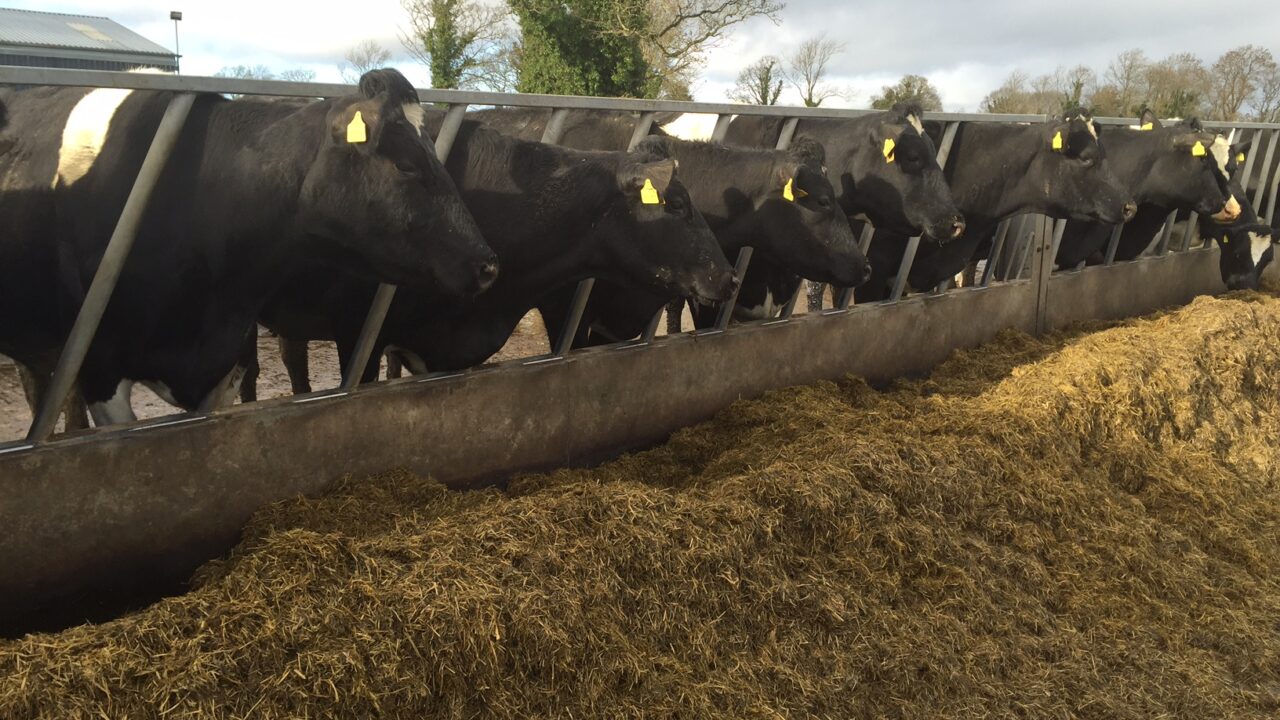I have been chatting to a number of practising veterinarians recently, all of whom believe that reducing the level of antibiotic usage is a nettle which the Irish dairy industry will have to grasp – sooner rather than later.
Their views have been directly shaped by the growing public outcry regarding the alarming increase in antibiotic-resistant strains, which is now causing such anxiety within human health services around the world.
And the veterinarians in question are right to have these concerns, as the public at large are already starting to look in the direction of production agriculture when it comes to apportioning blame for this fast-developing crisis.
So the issue to be addressed is a simple one: does agriculture act voluntarily to reduce the quantities of antibiotics used within the various livestock sectors – dairy in particular – or do the various authorities step in and, possibly, ban the use of these products on their terms?
The veterinarions that I spoke with have worked out that the ‘self-regulation’ model is by far the better option in this regard.
And by way of getting on with the job in-hand they are now strongly advocating the use of selective antibiotic dry cow therapy within the dairy sector.
For the record, they also believe that increasing numbers of veterinarians will be advocating this principle within a very short space of time.
The technique is based on the premise that only cows that had a clinical mastitis case during their previous lactation, or those animals which consistently register relatively high cell counts, should be tubed at drying off.
But to make this work, farmers must be milk recording their cows on a regular basis. And, therein lies the problem: only one-third of Irish dairy cows are milk recorded.
So, given these circumstances, should the Department step in and make milk recording a mandatory requirement when it comes to holding a milk licence in Ireland?
On a more general level, one could argue that an across the board commitment to milk recording would constitute one of the greatest steps forward ever achieved by the Irish dairy industry.
Other avenues of approach are also coming on stream, as the dairy sector strives to reduce its reliance on antibiotics.
A case in point is Elanco’s recent launch of Imrestor. This is a prescription only medicine (POM) immune restorative product.
It acts to boost the freshly calved cow’s immune response to those bacteria that can cause a number of serious health and production-related problems, including mastitis. And, no doubt, the ‘pharma research’ world is working on the development of other such products.
All of this is good news: the not so good news is that the clock is ticking with regard to the future widespread usage of antibiotics within the milk sector. And simply trying to wish the problem away is far from an adequate response on the part of farmers and dairy industry stakeholders.
